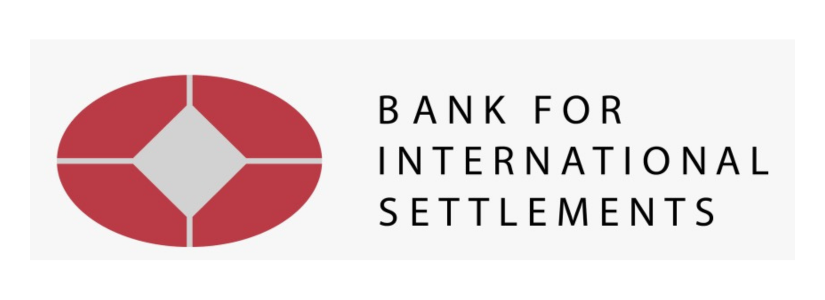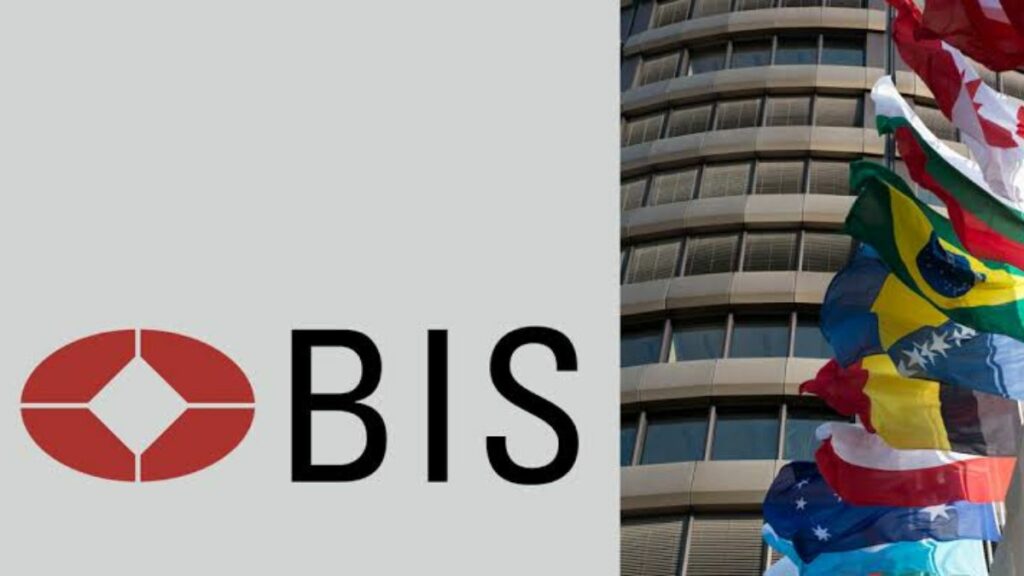The Bank for International Settlements (BIS) has teamed up with central banks within the Eurosystem to introduce “Project Atlas,” an initiative aimed at examining the economic implications of cryptocurrency assets and decentralized finance (DeFi), doing massive surveillance in a “passive way” that sounds acceptable by the masses.
This collaborative effort involves the BIS Innovation Hub Eurosystem Centre, De Nederlandsche Bank, and the Deutsche Bundesbank.
One of the primary objectives of Project Atlas is to streamline the process of gathering data from various cryptocurrency exchanges and public blockchains. Despite the body’s assertion that the existing condition of data in the crypto market is one of fragmentation, dispersed over numerous protocols, market actors, and jurisdictions, this project appears to be another effort to assert control over the Defi space on the part of central banks.
BIS’ Project Atlas Seeks to Tackle Challenges in DeFi Vigilance
The BIS believes that reporting in the Defi industry is often non-standardized and unregulated. To address these challenges, Project Atlas combines both on-chain and off-chain data, with a focus on improving data collection methods and platform development, in other words, a deep scan of the user’s data and tracking of the general movements of the DeFi space.
The proof of concept (PoC) utilizes transactions between crypto exchanges within the Bitcoin network and their geographical locations as a means to approximate cross-border capital flows. The project aims to provide comprehensive insights into the macroeconomic relevance of crypto assets and DeFi, yet the way they are achieving this is similar to massive espionage on the users in the hands of the banks.

Project Atlas, according to the organization, offers a visually intuitive way to grasp the economic dynamics of crypto assets and it’s designed for investors. It maps out the derived bilateral flows between countries on a global scale, making complex data more accessible. Preliminary findings from the platform’s data analysis indicate that cross-border flows within the crypto space are economically substantial and exhibit uneven distribution across geographical regions.
Growing Interest in Crypto Regulation in the “Trusful” Hands of the Banks
Moreover, it’s important to note that Project Atlas aligns with a growing trend where central banks and financial institutions are trying hard to understand and control the decentralized industry. However, the traditional finance sector should avoid controlling, by all means, the decentralized market that truly empowers everyone.
Excessive regulation could stifle the very innovation that has propelled the crypto industry forward. The essence of cryptocurrencies and DeFi lies in decentralization and freedom from traditional financial institutions.
Introducing heavy-handed regulation could undermine these fundamental principles, limiting access to robust financial services for those who need them most and potentially discouraging further development in the space.
Embracing true innovation rather than making efforts to resist it may prove to be a more sustainable path forward for the global financial industry.










